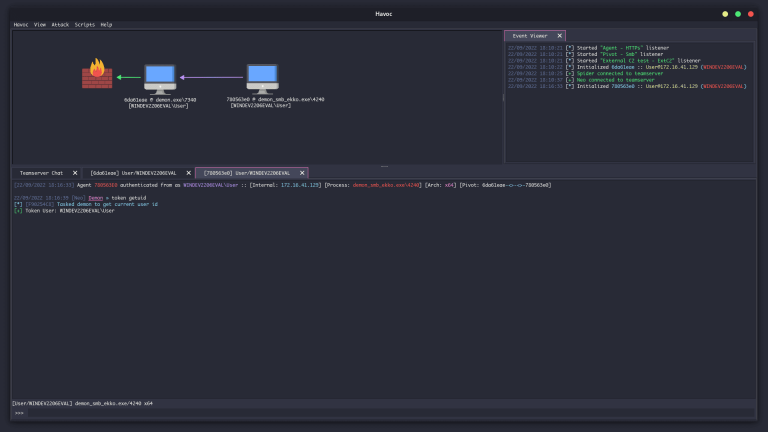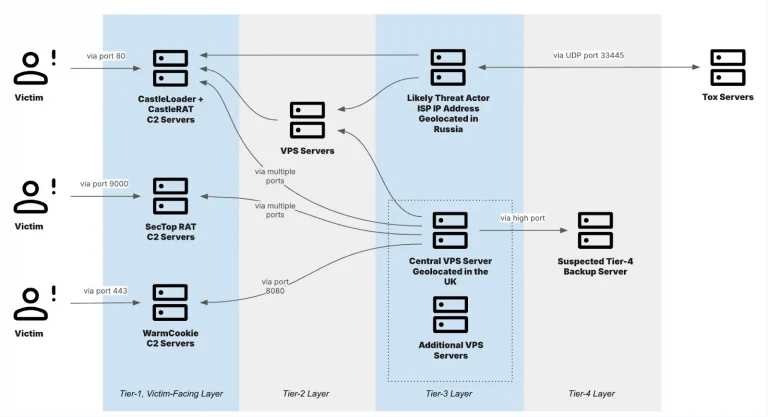
Developers eager to write Windows drivers in Rust now have more tools and examples at their disposal—yet full-scale production readiness remains a distant goal.
Microsoft Senior Engineer Nate Deisinger recently outlined the current state of Rust for Windows drivers. According to him, crates already exist that enable the creation of valid Windows 11 drivers using WDM (Windows Driver Model), KMDF (Kernel-Mode Driver Framework), and UMDF (User-Mode Driver Framework). WDM represents the older, lower-level option, while KMDF and UMDF provide higher-level abstractions more commonly employed by developers.
Still, Deisinger noted that drivers built with these crates must rely on unsafe blocks to interact with the system. This undermines some of Rust’s safety advantages, though business logic still benefits from protection against memory management errors.
The Windows Driver Frameworks team is now working on safe abstractions to reduce unsafe code. In parallel, efforts are underway to introduce Rust into the Windows kernel itself—some changes are already present in Windows 11 24H2. The ecosystem is also expanding with cargo-wdk, which is steadily evolving into a full-featured driver development tool. For instance, the command cargo wdk new --kmdf generates a KMDF driver template. Upcoming plans include ARM64 support, automatic dependency installation, and streamlined deployment to test machines.
Despite this progress, shipping a driver in Rust remains challenging. The project’s GitHub repository openly states that it is still at an early stage and “not yet recommended for production use.”
As far back as two years ago, members of the Windows Networking Team discussed the barriers to production readiness. In January of this year, the maintainer reaffirmed that the “readme statement remains in effect,” though developers may experiment at their own risk—provided they follow Microsoft’s standard driver-signing procedures.
One of those procedures requires CodeQL analysis. While Rust support was introduced in public preview with version 2.22.1 (July 2025), the official WHCP (Windows Hardware Compatibility Program) documentation still certifies only version 2.21.4 for driver development.
Thus, significant obstacles remain before Rust drivers can be considered production-grade. Deisinger promised to share more details on submitting Rust drivers to WHCP “in the coming months.”
Microsoft’s interest is not new. As early as 2019, Microsoft Research highlighted Rust’s potential to eliminate memory safety vulnerabilities. By 2022, Azure CTO Mark Russinovich was urging a complete shift away from new C/C++ projects in favor of Rust.
Four years later, writing Windows drivers in Rust is no longer just an aspiration—it is on the verge of becoming reality.





